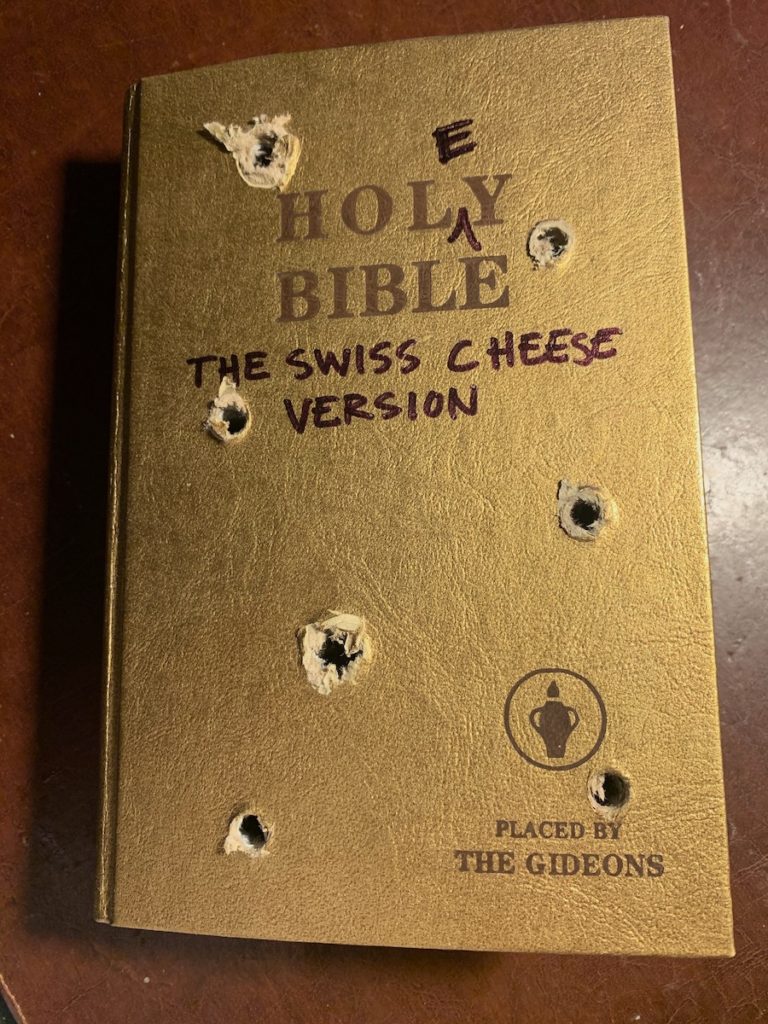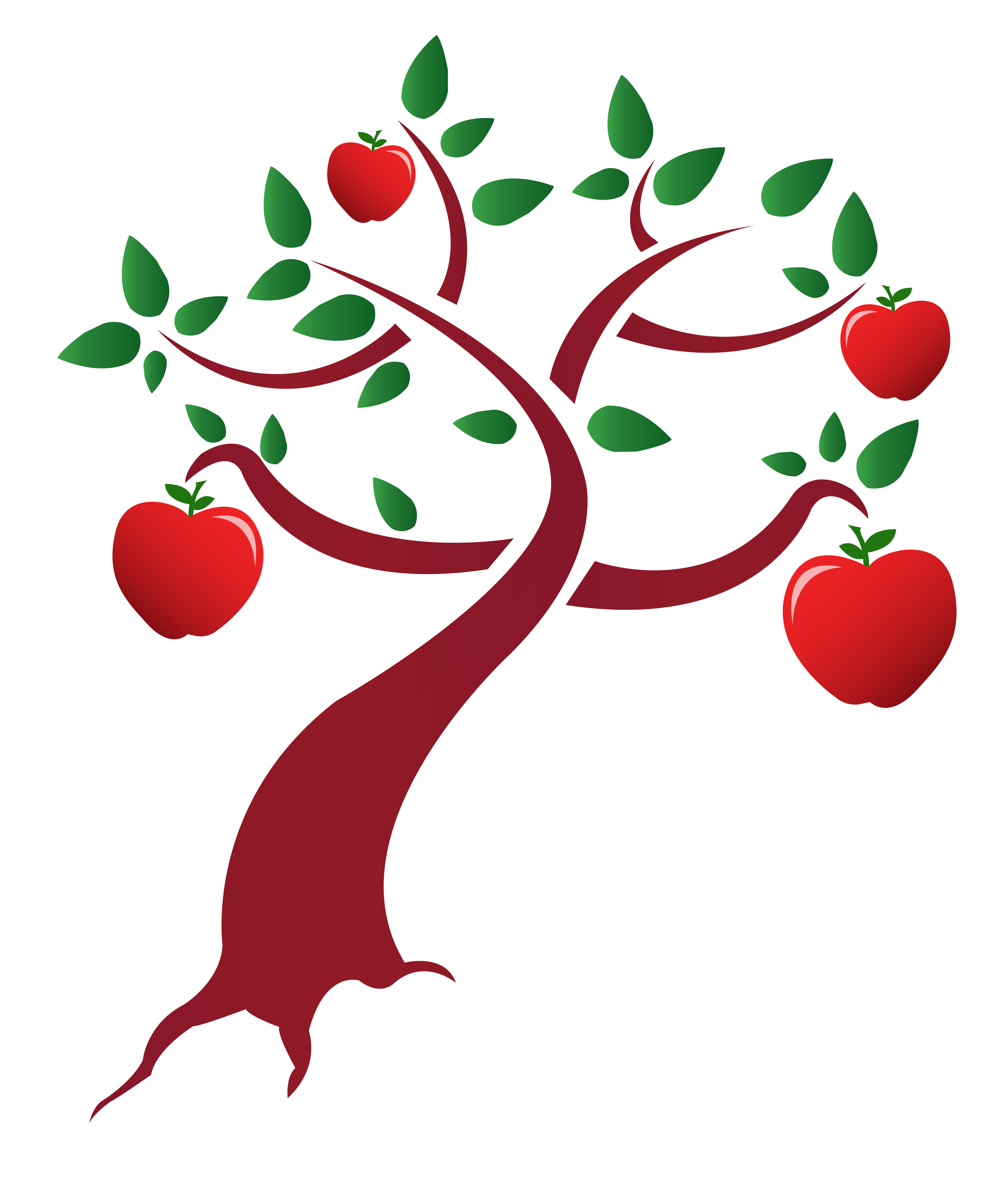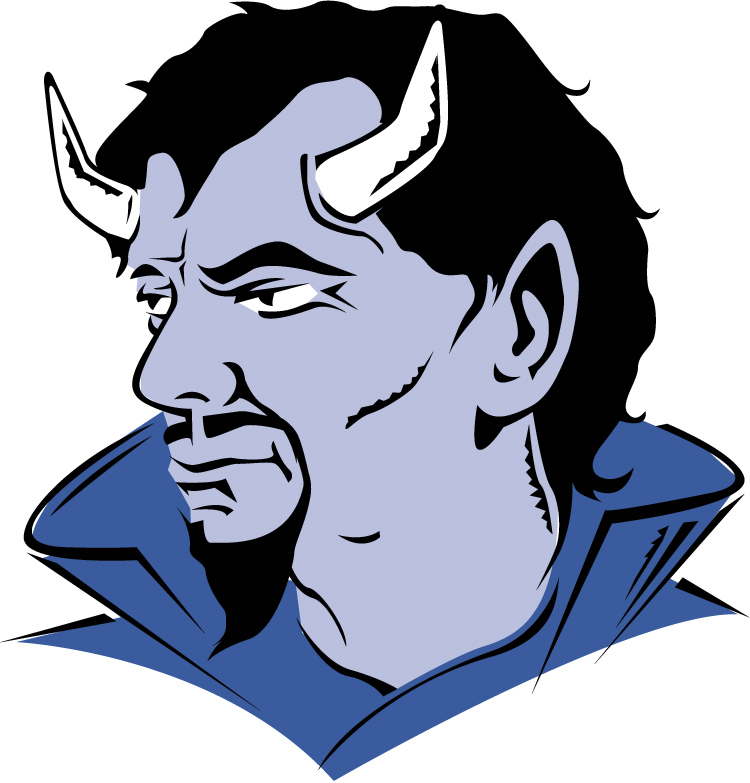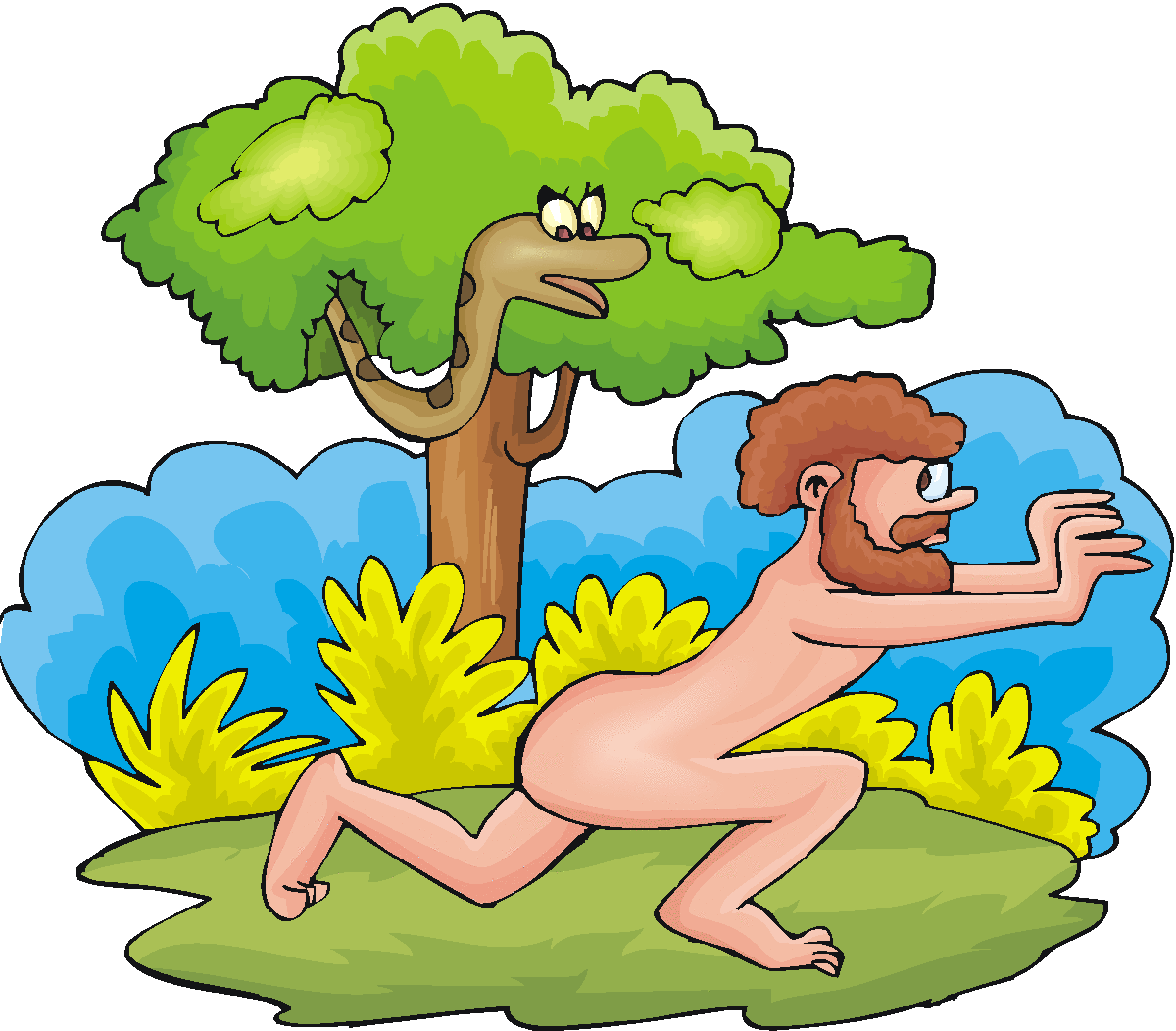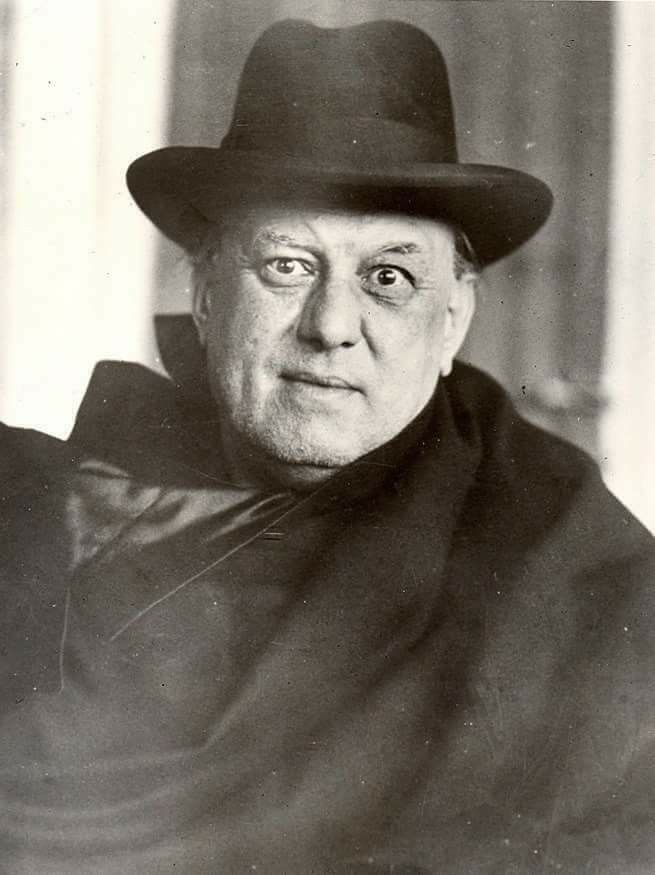
Deuteronomy 10:4–5, Wrote on the tablets…put the tablets in the ark. If the two tablets are biblical symbols for the heart of man onto which YHVH Elohim writes his laws (see notes at Exod 34:1), then the ark of acacia wood which sites in the holy of holies (the earthly representation of Elohim’s throne room) into which the two tablets were deposited represents the human body and life which, ideally, should abide in the presence of Elohim guided by the Torah-Word of Elohim. Aaron’s rod that budded and the pot of manna, which the ark also contained, respectively represent the tree of life or tree-cross on which Yeshua gave his life as an atonement for our sin and Yeshua as the bread of life, which is a prophetic picture of the Word of Elohim that the saint must feed on in order to obtain eternal life.
Ten Commandments…down from the mountain. Moses received the Torah-instructions from out of the fiery presence of Elohim and brought them down from the mountain—a symbol of heaven. Elohim gave his Torah-law or instructions in righteousness to man to be deposited in the ark (a symbol of the human heart and mind). In light of these facts, it is unthinkable that Christian theologians came along many centuries latter and developed a philosophical system that, to one degree or another, relegated YHVH’s Torah-law—his instructions in righteousness—to past times and people, and subsequently declared to millions of Christians that the Torah was “done ways with,” “fulfilled,” “nailed to the cross” and was “against us,” and therefore is largely irrelevant and unnecessary to obey. The pride and hubris of such a belief is, frankly, astounding and clearly demonstrates to what degree the carnal mind of man will twist the Word of Elohim to devise his own religious system to fit his own will.
This mainstream Christian belief system is totally in accordance with the lying words of the snake in the tree: “Has Elohim indeed said?” (Gen 3:1), and the rebellious deceitfulness and sinfulness of the unregenerate human heart (Jer 17:9; Rom 8:7).
Moreover, such a theological approach is akin to the occult social or spiritual philosophy developed in the early 1900s by the occultist and Satanist Aliester Crowley—dubbed at the time as “The wickedest man in the world” (1875-1947). Crowely dubbed his Torah-hating religious system Thelema where the mantra was, “Do what thou wilt shall be the whole of the Law.” Crowley taught that “adherents of Thelema should seek out and follow their true path, i.e. find or determine their True Will” (https://en.wikipedia.org/wiki/Thelema).
How is the philosophy of Thelema any different than the one that the serpent seduced Adam and Eve at the tree of knowledge into believing when he questioned the Torah-Word and sovereign authority of the Creator of the universe? Now follow the bouncing ball. Christian theology that, to one degree or another, advocates the abrogation and irrelevance of YHVH’s Torah contains within it the same underlaying fundamental philosophical strains as the Satanic religious system that Crowley founded more than a century ago. In mainstream Christianity, “Do what thou wilt” means, in essence, that one has the freedom to pick and choose only those aspects Elohim’s Torah-law that one desires or wills to follow. Sadly, this belief system simply illustrates what two biblical authors wrote long ago about the inherent sinful and rebellious nature of man:
The heart is deceitful above all things, and desperately wicked; who can know it? (Jer 17:9)
For those who live according to the flesh set their minds on the things of the flesh, but those who live according to the Spirit, the things of the Spirit. For to be carnally minded is death, but to be spiritually minded is life and peace. Because the carnal mind is enmity against Elohim; for it is not subject to the Torah-law of Elohim, nor indeed can be. (Rom 8:5–7, emphasis added)
To wit, most Christians do not follow the Holy Bible, which declares that man shall live by every word the proceeds from the mouth of Elohim (Deuteronomy 8:3; Matt 4:4), Rather they follow the Holey Bible, the Swiss Cheese Version—a version with pages ripped out of it. Those pages contain the instructions of Elohim that they deem not necessary to obey.
